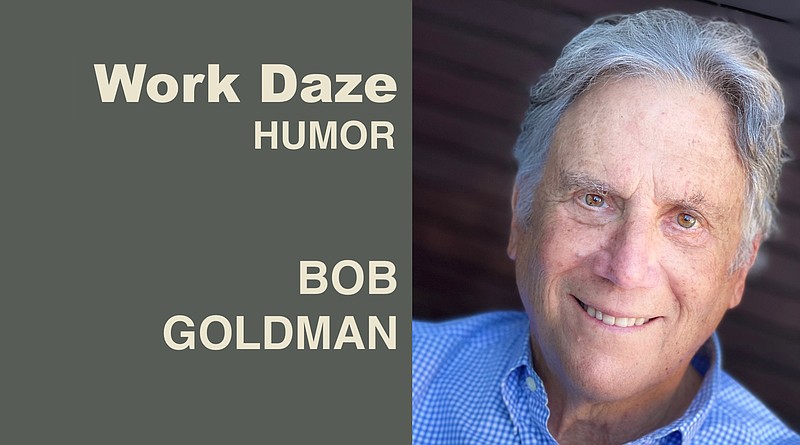Let's schedule a meeting.
Of course, before we have our meeting, we'll need to schedule a pre-meeting to discuss what we will discuss in our meeting. And we'd better schedule a follow-up meeting as well, to discuss if we fully discussed what we agreed to discuss in our pre-meeting discussion.
Sound familiar? It's called meeting hell, folks, and these days, we all live in it.
A lot of the blame can be attributed to covid-19. Because we have been working from home, we've been able to craft our own work schedules. Now our corporate overlords seek revenge. By scheduling meetings, and meetings about meetings, and meetings about meetings about meetings, management is reaffirming the fantasy that individuals can't accomplish anything significant on their own.
As result, meeting inflation is at an all-time high.
Or so I learned in "This Is What Happens When There Are Too Many Meetings," a recent article by Derek Thompson in The Atlantic.
Thompson quotes Mary Czerwinski, the research manager of Microsoft's Human Understanding and Empathy group (a very small group, I imagine), whose research has shown that "people have 250% more meetings every day than they did before the pandemic."
Another worrisome statistic, also from the bad news bears at Microsoft, suggests that "the average workday has expanded by 13% — about an hour — since March 2020 and average after-hours work has increased twice as much."
The fact that our extra dose of workflow occurs in the evening is a surprise. Earlier research has shown that knowledge workers have "two productivity peaks in their workday: just before lunch and just after lunch." Whether the researchers factored in the result of making your go-to lunch choice Taco Bell Volcano Nachos is not clear. If this is the case, assume that your productivity peak will occur right before lunch and right after you are admitted to the emergency room.
With meeting mania clearly out of control, we need to understand that not all meetings are the same.
For example, there is the Brainstorming Meeting, in which everyone is expected to pontificate at length on a single key issue — usually: Why did the bright idea hatched in the last Brainstorming Meeting go so wrong and whom are we going to blame for it?
This could be entertaining, as long as the loser in this corporate game of pin the tail on the donkey isn't you. One thing is for sure — it won't be the person who called the meeting.
There is also the Status Meeting, in which a person of high status, who rarely does the work, wastes the time of everyone with lower status, who do. Finally, there is the Team-Building Meeting. This is a misery-loves-company meeting in which the purpose is to have no purpose, letting everyone grow closer by marinating in the futility of coming to work in the first place.
Once you understand the real agenda of a meeting, it may be possible to limit the torture. If you have a great idea in a Brainstorming Meeting, keep it to yourself. The longer your co-workers fumble around in the dark, the less work you'll have to do.
If you are uncertain of your standing in regular Status Meetings, simply stop attending. If no one notices your absence after three months, congratulations: Your co-workers consider you management material and far too important to attend.
To short-circuit a Team-Building Meeting, demand that everyone in attendance express appreciation for being privileged to work at the company. Guaranteed, after that kind of speech, no one will want you on their team.
In fairness, it must be recognized that some meetings are actually essential, like when the company has made another giant blunder and a Crisis Meeting is called to instruct the staff on how to deny the big blunder ever actually happened. (This is a regular event in political organizations.) This is the one meeting you must attend, especially if the person who caused the blunder is you.
In order for meeting mania to be harnessed, the ability to schedule meetings must be rationed. The higher the manager rises on the org chart, the fewer meetings they should be allowed to call. At lower levels, where participants understand that working together might actually be useful in getting things done, more meeting permits would be allowed.
But never more than one a month. And only on nights with a full moon.
You disagree?
We'll have to schedule a meeting about it. In the meantime, pass the Volcano Nachos.
Bob Goldman was an advertising executive at a Fortune 500 company. He offers a virtual shoulder to cry on at
bob@bgplanning.com
